The future of drones as essential business tools is here, driven by Artificial Intelligence and increasing adoption across industries. The Federal Aviation Administration (FAA) highlights this surge by reporting 368,883 remote pilot certifications by the end of last year. This number is reportedly expected to rise to over 472,269 by 2028, marking a 28% increase.
FAA’s Certification Surge
The FAA’s numbers are telling. The Part 107 exam, a requirement for commercial drone pilots, saw nearly 369,000 certifications by the end of 2023. With predictions of needing over 472,000 remote pilots by 2028, the demand for commercial drone activities is skyrocketing. This surge doesn’t even account for operators of large drones, indicating a robust future for Drone Technology.
Universities Lead the Charge
Media outlet Business North Carolina explains how in their state the universities lead the way.
Universities like N.C. State University’s Center for Geospatial Analytics, Elizabeth City State University, East Carolina University, and UNC Wilmington are spearheading drone Education and research. However, North Carolina’s 58 community colleges are set to play a pivotal role in basic commercial drone training, responding swiftly to the needs of businesses and public safety organizations.
Vance-Granville Community College’s Drone Day
Vance-Granville Community College, serving over 5,000 students, hosted Drone Safety Day, showcasing their drone training programs. The college’s drone program, launched in 2021 with a USDA grant, has expanded rapidly. Grants from the National Association for Community College Entrepreneurship and the Cannon Foundation have further bolstered their capabilities.
Derek Parker, a Vance County school employee, highlighted drone soccer as a key educational tool. “Drone soccer is something for everyone,” Parker noted, emphasizing its role in engaging students in science and engineering.

Ken Wilson, the college grants administrator, shared the program’s progress: “We’ve come a lot further down the road than where we were three years ago. We’re pretty well-equipped now.” The college is also exploring partnerships for drone inspections and law enforcement training.
Drones in Agriculture
Mikayla Berryhill, a field crops extension Specialist, underscored drones’ potential in agriculture. “I take a special interest in drones because I think they have a lot of promise in agriculture,” Berryhill stated. Drones can safely and efficiently handle tasks like crop-dusting and field imaging, detecting issues early.
Beaufort County’s Expanding Program
Beaufort County Community College, covering a vast service area, is a hub for drone training. Justin Rose and Ben Poulin are driving the program’s growth, with significant interest from various agencies.
Poulin compared the rise of drones to the early days of web design: “Now every business is using it and everybody can make their own website pretty easily. I think we’re following a similar trajectory when it comes to UAS operations.”
Poulin is developing an outdoor drone training course with support from local businesses, featuring simulated real-world environments like utility poles and solar farms.
Bigger Stakes: National Security
Beyond commercial applications, drones have critical national security implications. Military recruitment for drone operations is increasing, with advanced drones like the MQ-9A Reaper UAV coming into service. Ken Wilson highlighted the potential for youth engagement: “If someone called and said would you like to come down, there’d be people on that bus.”
DroneXL’s Take
The Drone Industry is on the cusp of a major transformation. From agriculture and drone delivery to national security, drones are becoming indispensable. With educational institutions leading the charge, the sky’s the limit for drone technology’s potential impact.
Discover more from DroneXL
Subscribe to get the latest posts to your email.








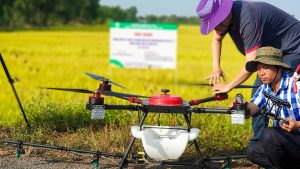
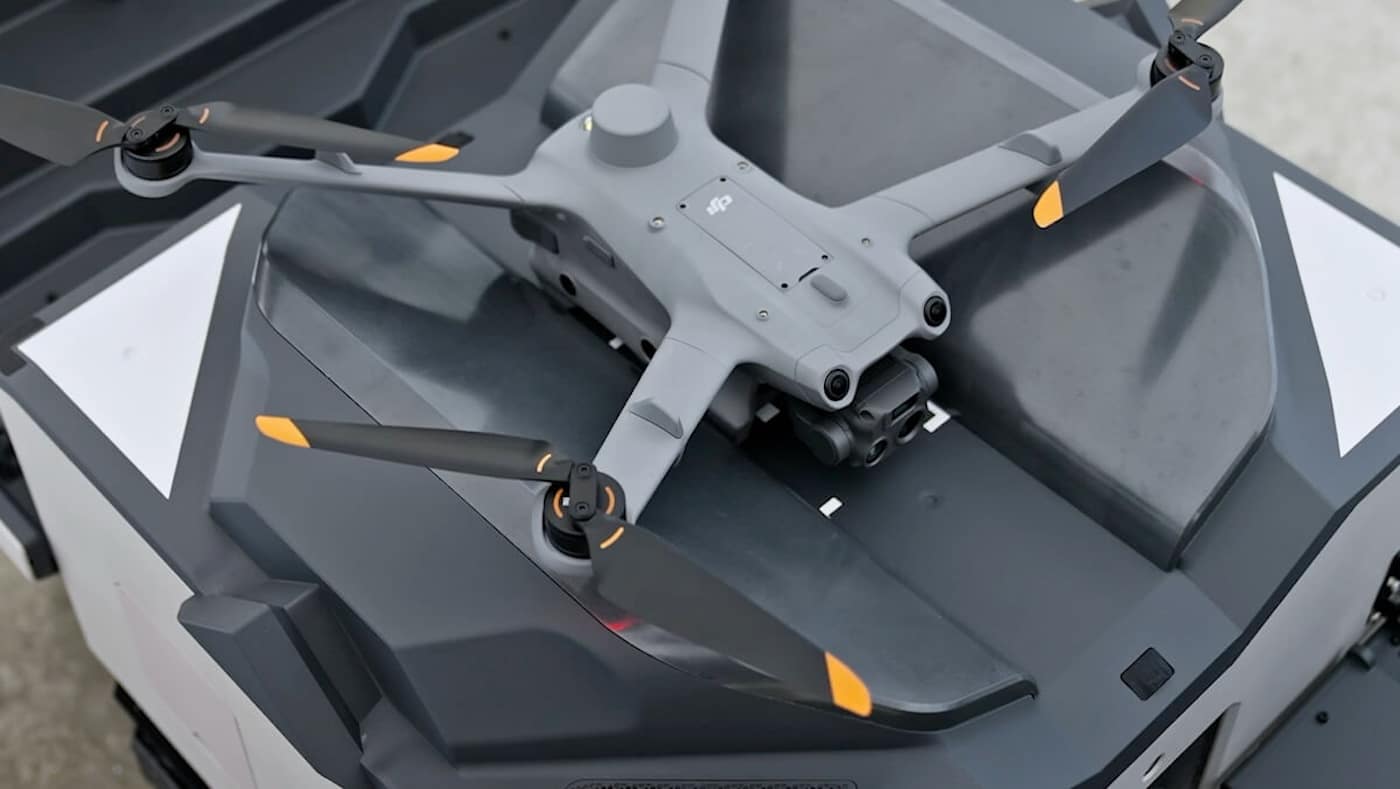


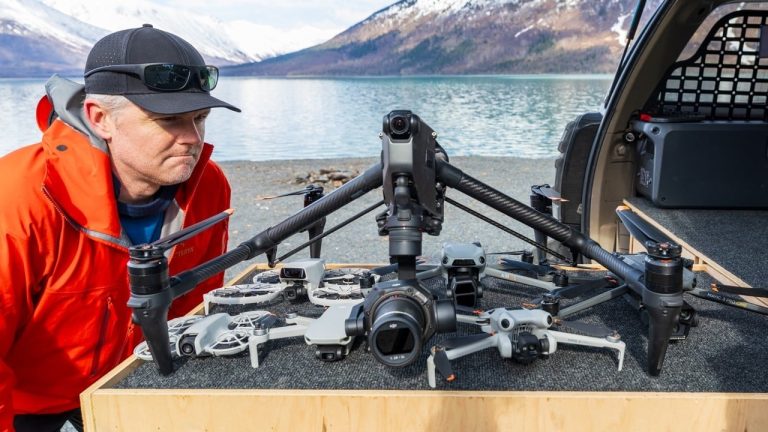


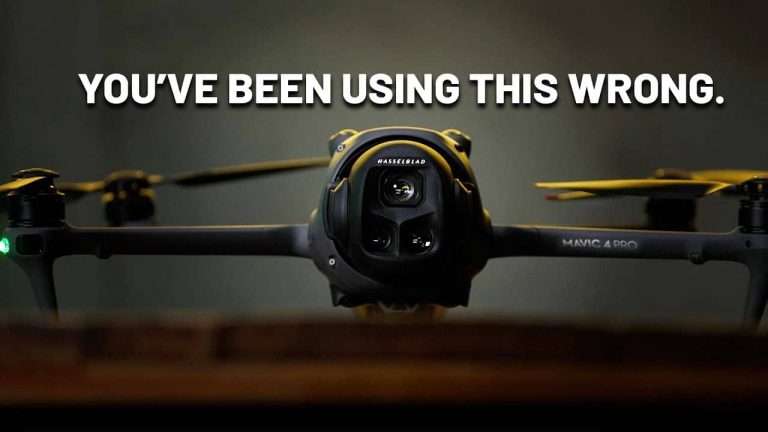
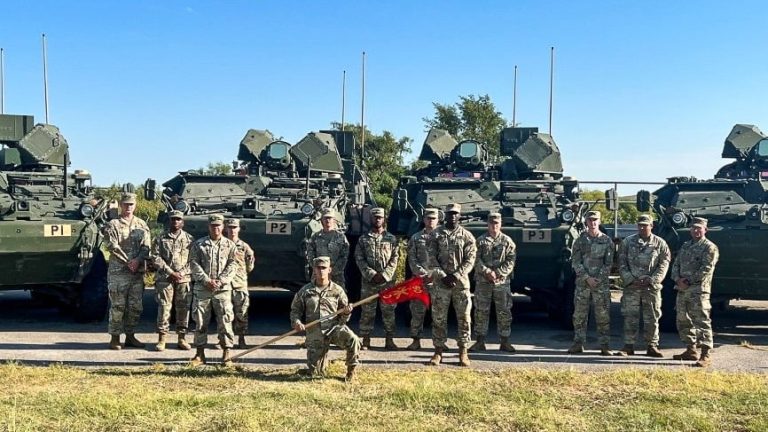

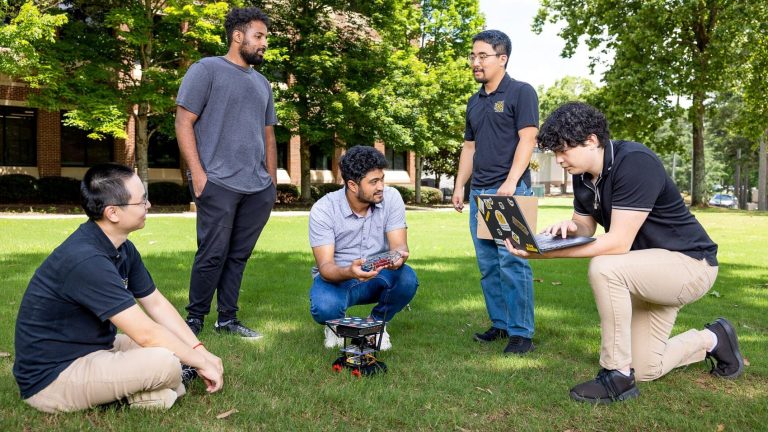
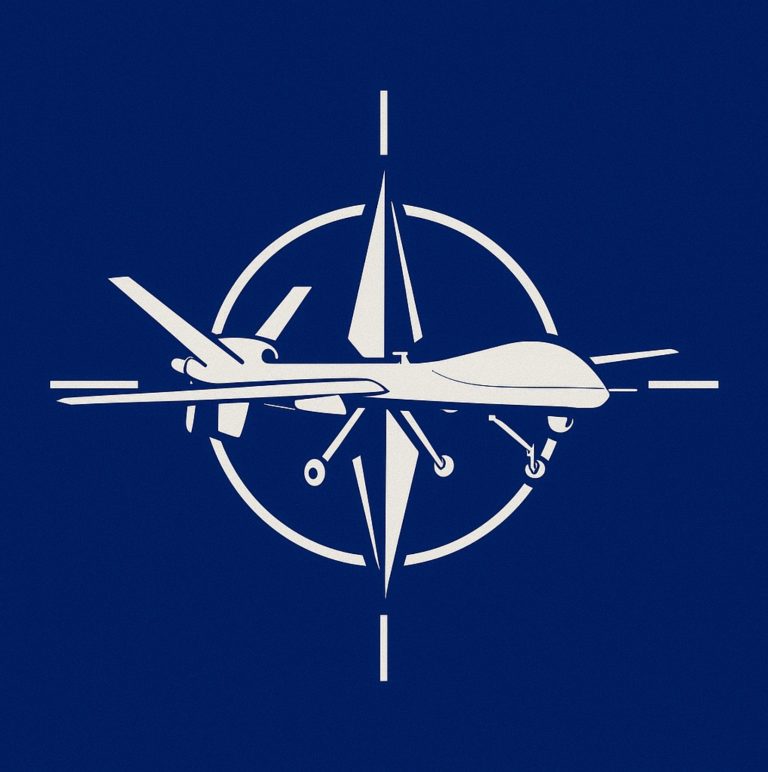
+ There are no comments
Add yours